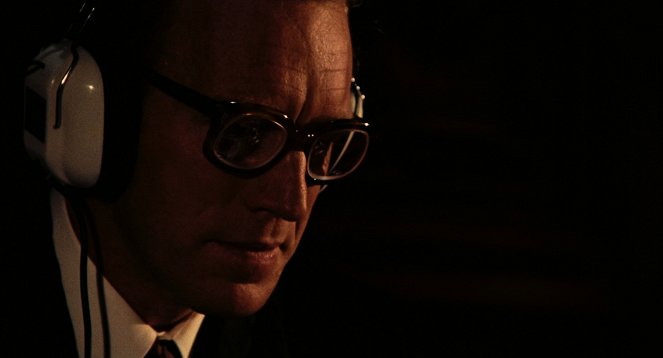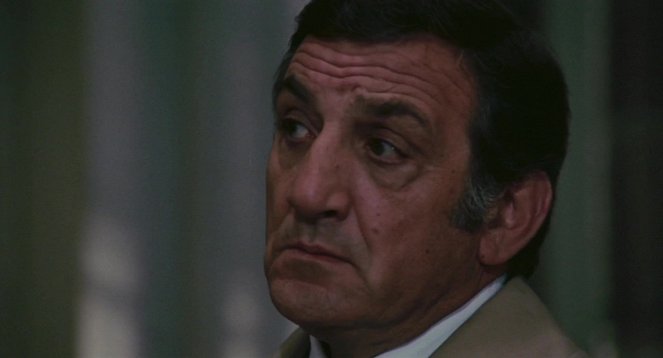Directed by:
Francesco RosiCinematography:
Pasqualino De SantisComposer:
Piero PiccioniCast:
Lino Ventura, Max von Sydow, Charles Vanel, Fernando Rey, Tino Carraro, Renato Salvatori, Luigi Pistilli, Marcel Bozzuffi, Paolo Bonacelli, Alain Cuny (more)Plots(1)
Roman police inspector Rogas heads the inquiry into the assassination of State Attorney Varga who was shot dead on a street. When other high-ranking judicial officers are murdered Rogas uncovers a plot of gigantic proportions. "As he searches for the 'illustrious corpses' of a fatally ill society, Rosi makes use of the same method that has distinguished all his best films: patient, methodical, careful scrutiny; a plethora of uncovered, painstakingly ordered facts, suppositions and fictions, from which he creates a complex fresco. Bit by bit, one piece of evidence after another helps him feel his way to the heart of the conspiracy, without discovering the whole truth, and without ever purporting to draw a complete picture." (Hans C. Blumenberg, Die Zeit, 18.6.1976) (Berlinale)
(more)Videos (2)
Reviews (1)
The opening scene in the crypt of the ossuary and the subsequent assassination clearly entice, and the director sets the bar high and makes it known that the presence of the star Ventura will not be his only advantage. This is a film that respects the atmosphere and has style. However, its weakness lies in the script. The murders of high-ranking judicial officials are not investigated by a team of well-equipped specialists from the criminal investigative team, as one would expect in a politically exposed case, but rather by a lonely commissioner equipped with a pencil and a notebook. Until about halfway through, the drama represents a more or less classic narrative about a criminal case, which, despite detours and minor problems, leads to a specific culprit and the resolution of the case. However, then the director changes gears and we find ourselves in a world of conspiracy theories and hints of complex and extensive conspiracies, and the film increasingly falls into paranoia, which culminates in a bloody question mark. The truth is that Francesco Rosi worked with very specific feelings of concern from the Italian left about the development inspired by Pinochet's coup in Chile, which took place just two years before the filming preparations. In the mid-70s, Italian society was indeed going through a protracted crisis of the political system and the economy, and the country was exhausted from strikes, demonstrations, and political assassinations. So, in terms of "feeling," Rosi's piece works, but in terms of content, it contains logical somersaults. If the commissioner argues with journalists and opposition MPs about essential evidence, then the viewer sees nothing but helpless perplexity and a growing sense of threat and loss of trust in the institutions on the part of the protagonist. If you want to give the film a chance, do not expect a film based on action or a film that provides significant revelations. But as a dark experience, it can work. Overall impression: 75%.
()
Gallery (18)
Photo © Les Acacias


